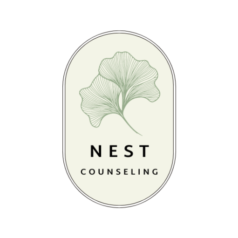Parenting is never easy, but when you’ve experienced childhood trauma, it can feel like navigating a minefield of emotional triggers. You might find yourself reacting in ways that surprise even you—feeling disproportionately angry, shutting down, or becoming hypervigilant about your child’s safety. Your past has shaped you, and when parenting stirs up old wounds, it can feel overwhelming.
One of the hardest parts of parenting after trauma is when your child reminds you of yourself at the age you were hurt. Looking at your child, so innocent and full of trust, can bring a fresh wave of pain. It’s heartbreaking to think about someone hurting a child—or to recognize that you weren’t protected in the way your child deserves to be. These moments can leave you feeling raw, questioning your own emotions and the love you deserved as a child.
For many, this leads to avoidance. Avoidance can look like overcompensating by trying to be the “perfect” parent or distancing yourself emotionally to protect your heart. While this might feel like self-preservation, avoidance can limit your ability to fully connect with your child and create moments of emotional distance.
If you’re hypervigilant, you may find yourself on edge, constantly scanning for danger. This heightened state of anxiety can drain your energy and leave you feeling irritable or exhausted. You’re not just trying to keep your child safe—you’re working overtime to soothe your own inner fears.
The good news is that you don’t have to parent in the shadow of your trauma forever. Therapy can help you process these emotions and triggers, unpack the pain of your past, and build tools for more mindful, connected parenting. Together, we can work to heal those old wounds while giving you the support and guidance you need to thrive as both a parent and an individual.
You deserve peace—and so does your child.
